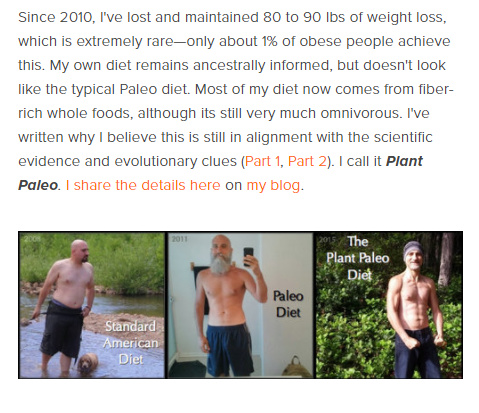S Zhao, Y Mugabo, J Iglesias, L Xie, V Delghingaro-Augusto, R Lussier, ML Peyot, E Joly, B Taïb, MA Davis, JM Brown, A Abousalham, H Gaisano, SR Madiraju and M Prentki,
Cell metabolism, Jun 2014 03
Glucose metabolism in pancreatic β cells stimulates insulin granule exocytosis, and this process requires generation of a lipid signal. However, the signals involved in lipid amplification of glucose-stimulated insulin secretion (GSIS) are unknown. Here we show that in β cells, glucose stimulates production of lipolysis-derived long-chain saturated monoacylglycerols, which further increase upon inhibition of the membrane-bound monoacylglycerol lipase α/β-Hydrolase Domain-6 (ABHD6). ABHD6 expression in β cells is inversely proportional to GSIS. Exogenous monoacylglycerols stimulate β cell insulin secretion and restore GSIS suppressed by the pan-lipase inhibitor orlistat. Whole-body and β-cell-specific ABHD6-KO mice exhibit enhanced GSIS, and their islets show elevated monoacylglycerol production and insulin secretion in response to glucose. Inhibition of ABHD6 in diabetic mice restores GSIS and improves glucose tolerance. Monoacylglycerol binds and activates the vesicle priming protein Munc13-1, thereby inducing insulin exocytosis. We propose saturated monoacylglycerol as a signal for GSIS and ABHD6 as a negative modulator of insulin secretion.

